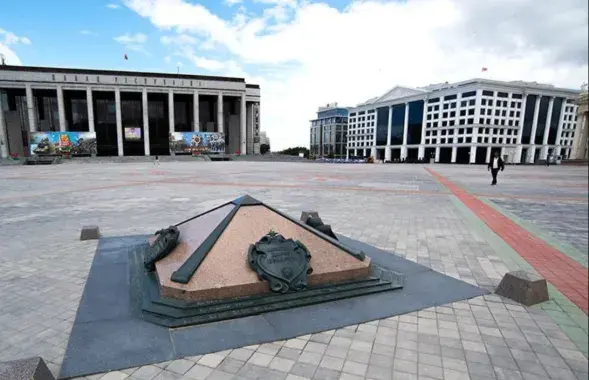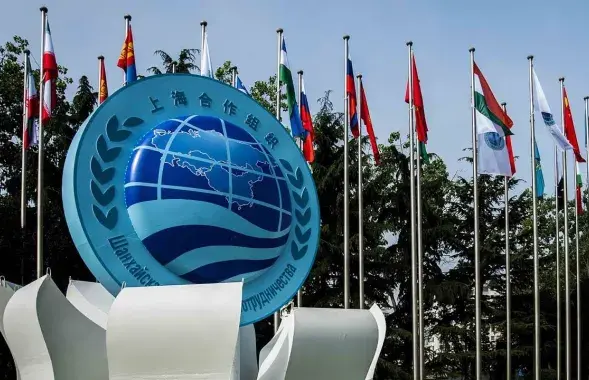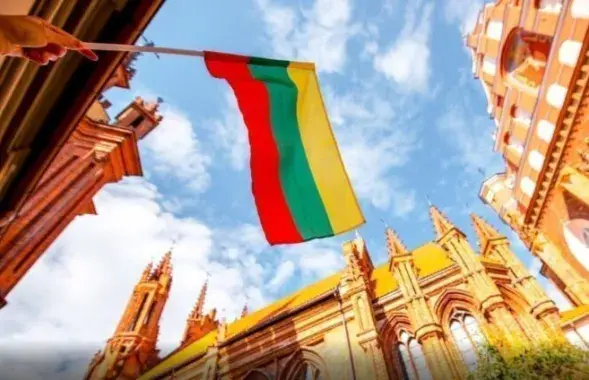University fees raised annually in Belarus
When the students are told to pull $30-35 more from their pockets, nobody gets surprised any longer.
The increase in schooling fees at the Belarus State University in mid February was covered in the press as a routine event. The costs of university education are stubbornly climbing up, indeed.
When the students are told to pull $30-35 more from their pockets, nobody gets surprised any longer.
Apart from the Belarus State University in Minsk, a major higher-education institution in this country, other universities have routinely raised their fees, too.
“The fees at our university are bound to the first-grade rate and the base rate. As soon as the base rate rises, the fees grow, correspondingly.
Under a contract, the fees are paid once per quarter. Currently, it is Br 2.5 million against Br 2,100,000 last year,” said a clerk from the dean’s office of the automobile and tractor department of the Belarusian National Polytechnic University in Minsk.
The above example is common in Belarus. The growth of education fees is normally explained and justified by the increases of the first-grade rate, which, in turn, depends on inflation.
According to official data, inflation reached 8 percent last year. Approximately the same increase in education fees was recorded in a majority of universities.
Yet, there are some exceptions, with the University of Hrodna being one of them.
“I have worked here for three years, and the education fees have not been raised over this period of time. The issue arises from time to time, but the fees for both the internal and correspondence students have remained unchanged.
Our fees are not bound to the base rate. Our fees are invoiced in US dollars: $350 for correspondence students and $600 for in-home students,” said one of the officers from the accounting department of the University of Hrodna.
The Belarus State University binds its fees to US dollar, yet it constantly increases the costs. Why?
Students are told that the USD rate is, in turn, bound to Euro. The American currency is currently losing to the European money; therefore, education becomes more expensive, too. Andrej, a third-year student from the Belarusian State University of Economics, tells the European Radio for Belarus his story.
“We had three exams during the midyear examinations. The third exam was postponed for February 22, while everyone was forced to pay their fees until February 20. Over this period of time, the university’s management raised the fees twice.
Those who failed to cover the bill before February 20 were not admitted for the last exam,” Andrej said.
Recently, the fees at the University of Economics have increased at $20. It might seem small money, but, as we know, a penny makes a buck. Andrej continues:
“When I enrolled, the total education fees amounted to nearly $860. Currently, the cost has increased to around $1150. The contract says that the university is allowed to increase fees at its own discretion.
The fees are not bound to anything. If they want to increase fees, they do it. Nobody bothers to explain their reasoning to us, ordinary students”.
Today, the higher education is a commodity, which is sold and bought by market rules. Since there is a demand, there will be an offer.
But the impudence of sellers arises not only from the tariff or Euro/USD rates, but also from the frenzy around their “trading spots”.
For you not to become hostage of your own desire to obtain a university diploma, ready your contracts thoroughly. Otherwise, look for an university that does not increase fees drastically.
By the way, Hrodna is a beautiful city, which has a demand for professionals with university diplomas, too.
















